Malaysian education is at the crossroads and ripe for disruption in meeting the challenges of the 21st century. EducateMalaysia is a platform offering solutions based on a synthesis of findings from decades of educational research.
Preparing Malaysian Learners with Nine Competencies for the Future – 20 November, 2018
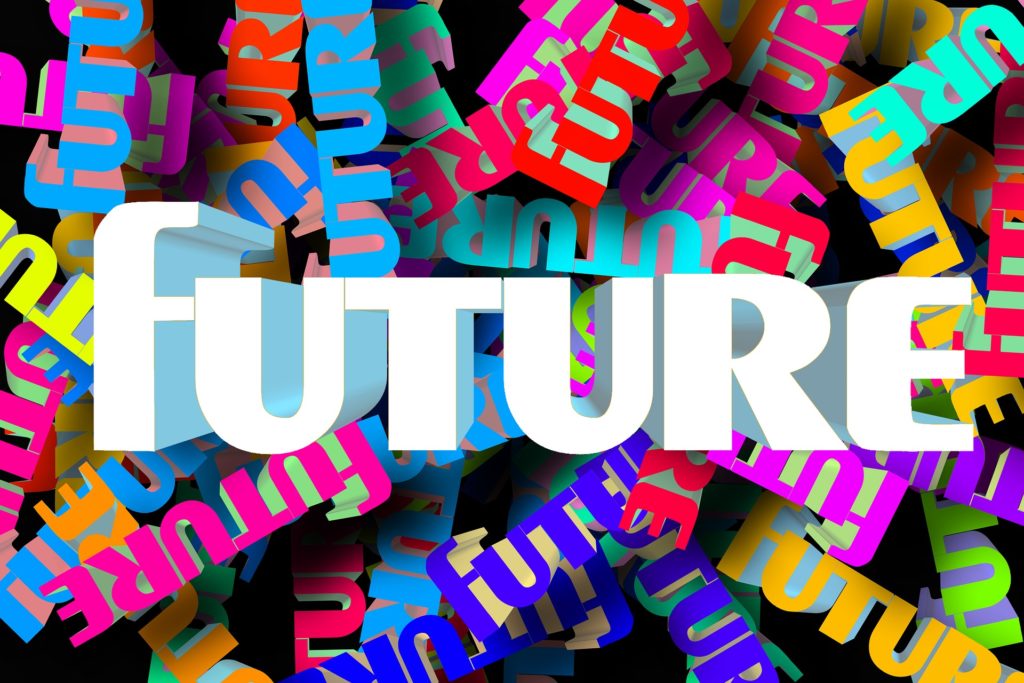
The world has witnessed significant changes over the last decade. While we cannot predict the future, we can prepare Malaysian learners with competencies that will enable them to adapt and create the future. Today’s learners need to be equipped with nine competencies for tomorrow’s world.
Why Are Students Struggling to Learn English? – 23 Nov. 2018
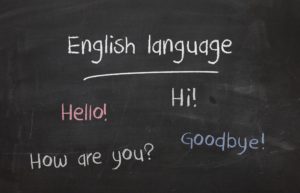
Look at the amount of English around us. Walk along the streets in any Malaysian town or city and observe various signboards, advertisements and billboards with words in English. Switch on the radio and listen to the number of stations in English. Switch on the TV and watch the number of programmes in English. Just enter a bookshop and see the abundant magazines, books and newspapers in English. Malaysia is perhaps one of the few non-English speaking countries with such a rich environment to learn English. Then, why are our learners in schools, colleges and universities struggling being proficient in English?
Training TASKA Childminders Using their Smartphones – 24 Nov. 2018

Recently there was a public outcry about the rape and abuse of an 18 month old baby who finally succumbed to her injuries. It is difficult to comprehend how such a violent act can be inflicted on a baby and it occurred in a TASKA (nursery). Such violence against young children has happened before in various nurseries which are assumed to be safe havens to which parents have entrusted their precious children to be cared and educated for while they are at work. Thousands of these TASKA are not registered and thousands of these childminders untrained.
Malaysian Universities Are in Need of Reform – 25 Nov. 2018
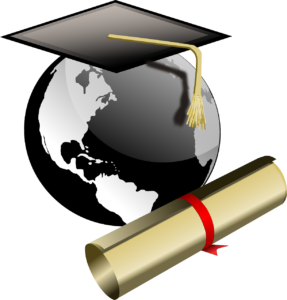
YB Datuk Seri Anwar Ibrahim voiced his opinion about the role of universities during his Syarahan Za’ba at University Malaya recently. He stressed that universities should go beyond imparting information and knowledge but focus on wisdom where graduates pursue knowledge that brings both joy and insight combining empirical knowledge with virtue and ethical conduct.
Is Malaysian Higher Education Leveraging on the Learning Revolution? – 27 Nov. 2018

How are Malaysian higher education institutions leveraging on the Learning Revolution? Before answering the question, one has to know what is the ‘Learning Revolution’. Note that the word ‘revolution’ is used and not ‘evolution’ or ‘transformation’. Revolution refers to a radical or dramatic change in conditions, attitudes, operations and ways of doing things. For example, the Industrial Revolution is marked by a rapid and major change in the economy with the general introduction of power-driven machinery.
Chinese Schools Teach Artificial Intelligence (AI) – 28 Nov. 2018

For a moment, you thought it was Malaysia. The China Daily (21.11.18) reported that a textbook has been designed to teach artificial intelligence (AI) to children in primary and secondary schools in China in 2019. The subject will be introduced to hundreds of schools as an elective or part of the school curriculum. Parts of the textbook has already been pilot-tested in Shanghai aligned with the country’s efforts to promote AI-related education. Should Malaysia do the same in the light of of the much talked about Industry 4.0?
Equipping Malaysian Students with Critical Thinking Skills for Life in Cyber World – 12 December, 2018
YB Datuk Seri Anwar Ibrahim today called on schools and universities to work closely with industry for the development of core critical thinking skills, soft skills and grit in students. He said this will prevent the education system from becoming obsolete and these attributes will enable graduates to adapt to a constantly changing workplace and economic environment (The Sun Daily, 12 December, 2018)

We know that the web is a ‘free for all”platform where anyone from anywhere can put anything on the web which can be accessed by millions anywhere and anytime. While there are lots of good stuff on the web, there is an equal amount of undesirable stuff (depending on one’s values, point of view and religious conviction). Some countries have censored the web imposing fines on netizens who violate the order. Malaysia and the majority of governments have left the web as it is with no one controlling it.
Our school system has focused on preparing the young for the physical world but very little is done to prepare students for the cyber world despite the fact that more and more Malaysians (young and old) are spending time in this new world. Do parents know what their 12 year old is doing in cyberspace? Unfortunately, many of the laws and regulations protecting individuals in the physical world are not easily applied in the cyber world. So, how do we prepare the young for a world that may be viewed as LAWLESS?
Abolish the Practice of Streaming in Malaysian Schools – 22 November, 2018

Two types of streaming have been practiced in Malaysian schools since independence and continues into the 21st century. The first is ‘streaming according to ability level’ which has resulted in a costly loss of human capital while the second is ‘streaming into arts and science’ which is an outmoded practice in today’s world.
Eastern Philosophies of Education that is Relevant Today – 6 December, 2018
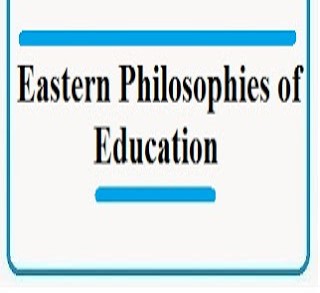
We tend to refer to Western sources for ideas on education not realising that Asian philosophers such as Al-Farabi, Swami Vivekananda and Confucius had lots to say about how we should educate the young. In their writings, they espoused the goals and purpose of education and what subjects that should be taught in school. For example, Al-Farabi emphasised the importance of teaching logic while Confucius stressed the importance of teaching moral values.
Re-Skilling and Up-Skilling the Malaysian Workforce through E-Learning – 12 December, 2018

Recently, YB M. Kulasegaran, Human Resource Minister, announced that RM900 million will used to train the Malaysian workforce in 2019. That’s a lot of money which could make a significant difference if properly managed considering that 77% of our workforce have only an SPM. The Minister added that 1.2 million workers will be up-skilled and re-skilled in 2019 through the Human Resources Development Fund (HRDF) to “meet the challenges of automation and digitalisation”. How do you get 1.2 million workers trained in such a short time to meet the criteria of a developed nation? Well, one possible solution is ‘E-LEARNING’ which is defined as providing education and training anytime, anywhere using devices most workers are likely to have, that is, their smartphone.
READ MORE — coming
Mental Health Problems Among Malaysian Students: Role of Schools in Prevention – 8 December, 2018
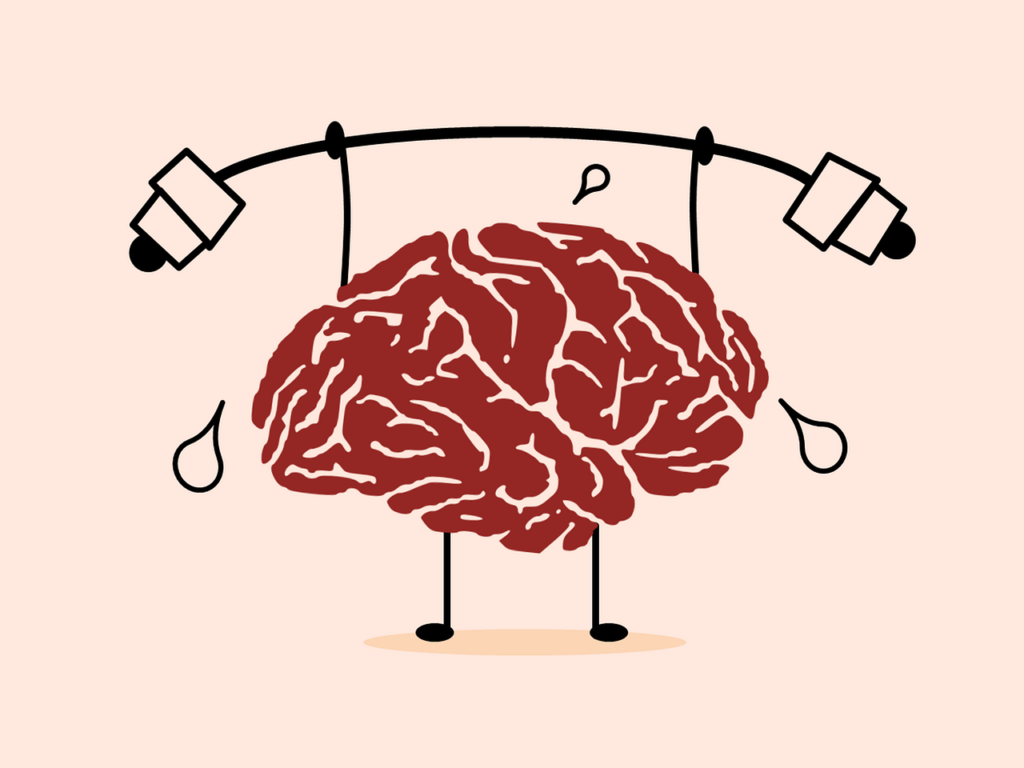
In the last few years, lots of newspaper reports citing studies from universities, Ministry of Health, Malaysian Mental Health Association, non-governmental associations and others on the state of mental health among Malaysian students. For example, it was estimated that 1 in 12 (or 12%) children between 5 to 15 years had mental health problems and disorders. It is well and good to present such findings but what preventive measures have been introduced in schools to address depression, anxiety and stress among the 5.2 million students in schools and 650,000 students in higher education.
READ MORE —coming
Disrupting STEM Education in the Malaysian Education System – 10 December, 2018
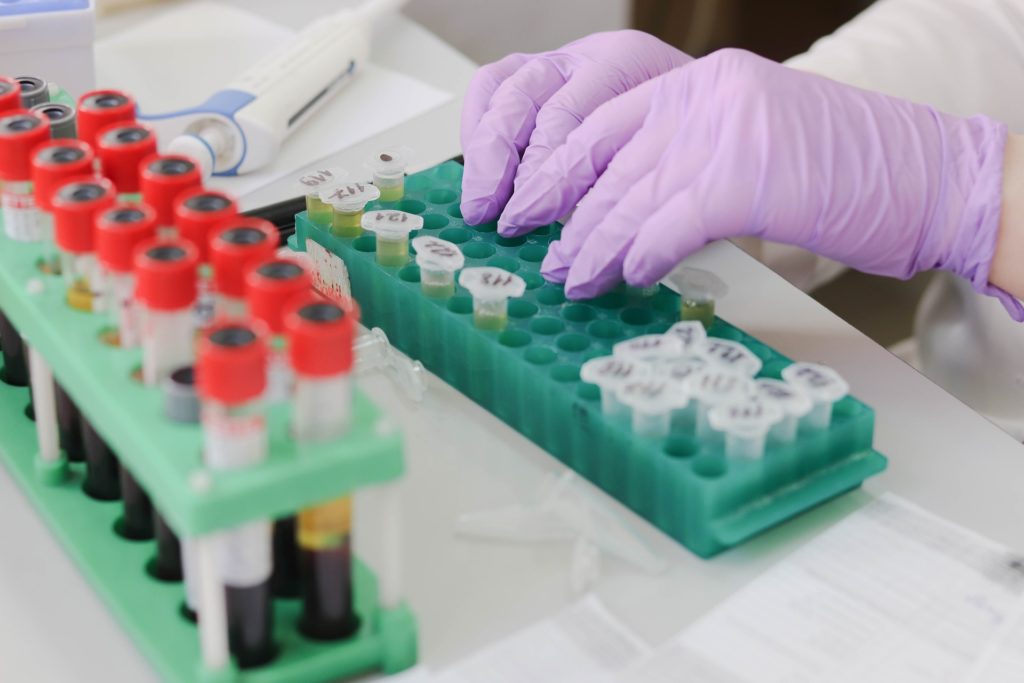
Deep concern has been expressed about the decreasing number of students taking Science, Technology, Engineering and Mathematics subjects (or STEM for short) in schools, colleges and universities. It is not unique to Malaysia but is a global trend. It is common to benchmark to the 1960s and 1970s when the ratio was 60% science students and 40% arts students. Today the ratio has dropped to 23% taking ‘pure’ science subjects in upper secondary schools (New Straits Times, March 12, 2018). Several programmes have been introduced but it seems to go unheeded by students. Apparently, piecemeal efforts at getting students interested in STEM subjects has not been very successful, which calls for a DISRUPTION of STEM education.
READ MORE —- coming
Employers Lamenting about the ‘Soft Skills’ of Graduates – Who is Responsible? – 14 December, 2018

Graduates enter the workplace with ‘hard skills’ and ‘soft skills’ and it is the latter that industry and business tend to emphasise. Unfortunately, Malaysian employers are unhappy with the ‘soft skills’ of graduates. What are soft skills? Can soft skills be taught? Should colleges and universities be bothered about developing such skills? Should graduates develop soft skills on their own?
READ MORE — Coming
Scrap UPSR and PT3 and Enhance the Prestige of School-Based Assessment – 16 December, 2018
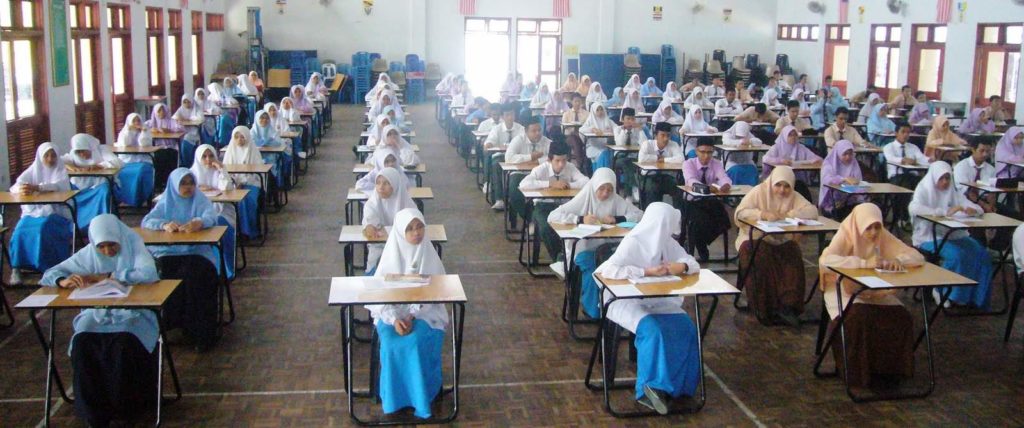
Malaysia is perhaps one of the most ‘tested’ education system in the world compared to the United States, Australia and Finland. We have four national examinations (or hurdles!) before admitting a student to pursue a degree in our universities. Have we questioned whether this is the way for preparing our learners for the 21st century where 60% of the jobs in 2030 have not be invented yet. Attempts at educational reforms over the last six decades has not questioned the role of national examinations except to scrap one or two such examinations without providing a rationale for maintaining the rest.
READ MORE – coming
Continuous Professional Development (CPD) for Teachers and Administrators Using their Smartphones – 19 December, 2019
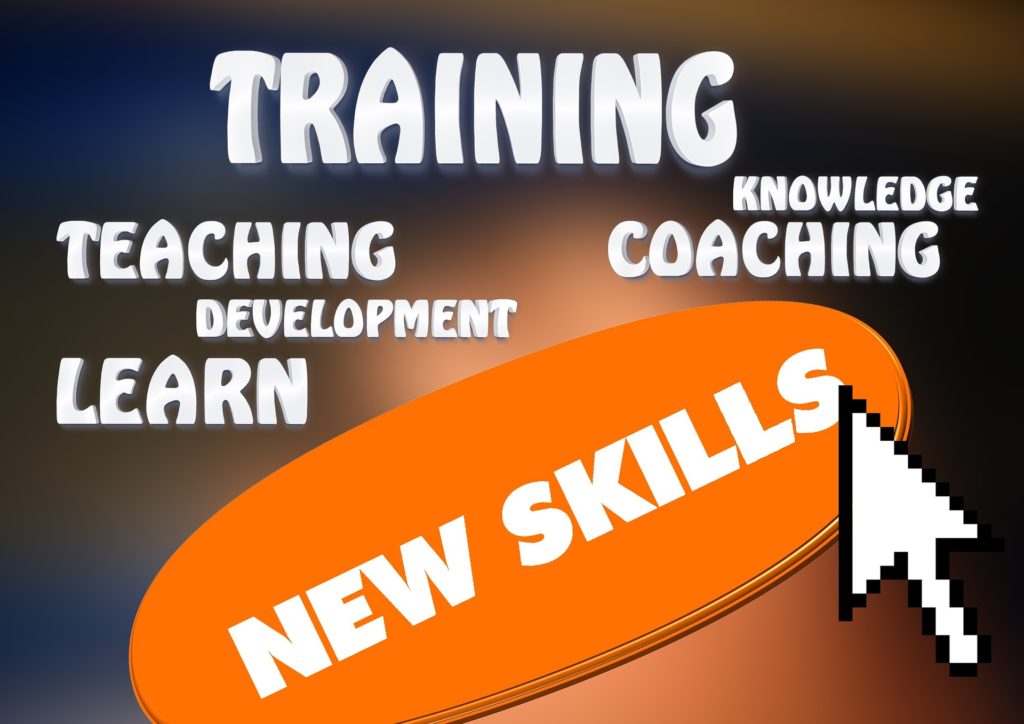
There are about 500,000 teachers and administrators both in Malaysian public and private schools who are in dire need for continuous professional development (CPD). How do we provided training for such as large number of educators? Business and industry have successfully used e-learning and the smartphone in upskilling and upgrading their workforce, Perhaps, we could adapt and adopt these innovate best practices in continuously enhancing the knowledge and skills of teachers and administrators in our primary and secondary schools. How do you do it?
Well CONTINUE READING
